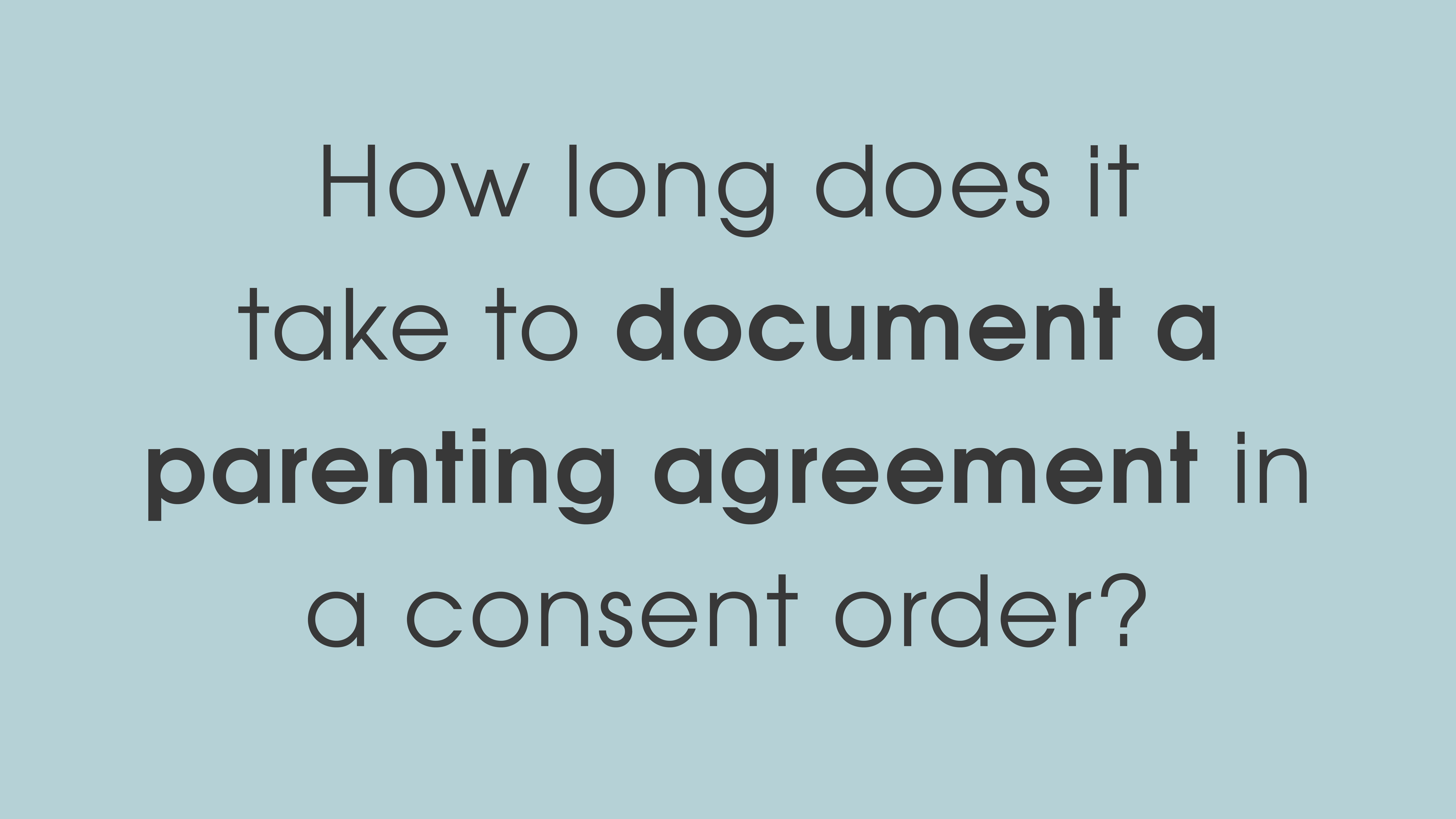Looking After Yourself During Divorce: A Guide to Self-Care

Looking after yourself during divorce is critical. Divorce is a challenging life transition that can take a significant emotional and psychological toll. Amid the legal complexities, emotional turmoil, and practical adjustments, it’s crucial to maintain sight of one important factor: taking care of yourself. In this article, we’ll explore why self-care during divorce is essential and offer practical strategies to help you navigate this difficult period with grace and resilience.
The Difficult Process of Separation
Divorce is a multi-faceted process that involves the dissolution of a marriage or relationship. It often entails legal proceedings, financial negotiations, and the restructuring of your life, all while dealing with the emotional fallout of the separation. Whether you initiated the divorce or not, the experience can be emotionally draining and overwhelming.
Why Look After Yourself
Divorce often triggers a rollercoaster of emotions, including grief, anger, sadness, and anxiety. Neglecting self-care can exacerbate these emotions, leading to mental health issues such as depression or anxiety. The stress of divorce can manifest physically, causing sleep disturbances, weight fluctuations, and weakened immune function. Taking care of yourself can mitigate these health risks.
A clear and focused mind is essential for making informed decisions during divorce proceedings. Self-care practices can help you stay rational and level-headed. If you have children, demonstrating self-care sends a positive message. It shows them that it’s okay to prioritise their own well-being, even during challenging times.

What Can You Do
There are several steps you can take to make sure that you are looking after yourself during your divorce process.
1. Seek Professional Support: Consult with a therapist, counsellor, or support group specialising in divorce. Talking to a professional can help you process your emotions and gain valuable insights. Asking for help and seeking support should not be used against you. Unmanaged mental health issues or a lack of insight is more likely to be an issue of concern.
2. Maintain a Healthy Routine: Stick to a regular schedule as much as possible. Eat nutritious meals, exercise regularly, and get adequate sleep. Physical health contributes significantly to emotional well-being.
3. Limit Stressors: Identify and reduce sources of stress in your life. Minimise contact with your ex-partner if that is possible and avoid conflict. Ask for help from family and friends and delegate responsibilities. This could be as simple as coordinating school pick-ups with friends to spread the load.
4. Self-Compassion: Be kind to yourself and acknowledge that it’s okay to feel a wide range of emotions. Self-compassion is a crucial element of self-care during divorce. Engage in activities you enjoy to provide a temporary respite from the stress of divorce. Whether it’s a hobby, reading, or spending time with friends, these distractions can be therapeutic.
5. Set Boundaries: Establish clear boundaries with your ex-spouse or partner. Define what communication is necessary and what can be delegated or postponed. Something as simple as setting up a specific email address for correspondence relating to your divorce means that you will not be receiving emails or other correspondence from your ex-partner or your family lawyer when you are at work. You can check that email address at certain times to give yourself a break.
6. Seek Advice: Consult with a family lawyer for advice regarding your circumstances, and seek guidance about what steps you can take. Obtaining advice can alleviate anxiety about the legal aspects of the process. It can also be helpful to create a budget and financial plan to ensure your financial stability during and after the divorce. Financial stress can exacerbate emotional turmoil, so taking control of your finances is crucial.
Divorce is undoubtedly a challenging and emotionally charged process, but it’s also an opportunity for growth and self-discovery. In one of our previous articles we discussed six copies strategies during divorce process. By prioritising self-care during this tumultuous time, you can emerge from the experience stronger, more resilient and better equipped to embrace the future. Remember that seeking professional support and practising self-compassion are not signs of weakness but rather important steps toward healing and rebuilding your life after divorce. Ultimately, looking after yourself is an act of self-love and an investment in a brighter future.
Ready to navigate your divorce with confidence? Consult with the best family lawyers on the Sunshine Coast and in Brisbane today. Contact us now for expert guidance and support.





